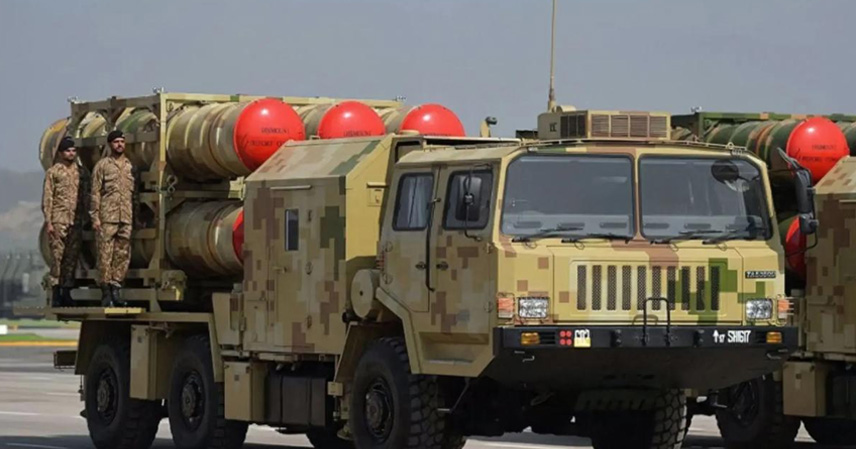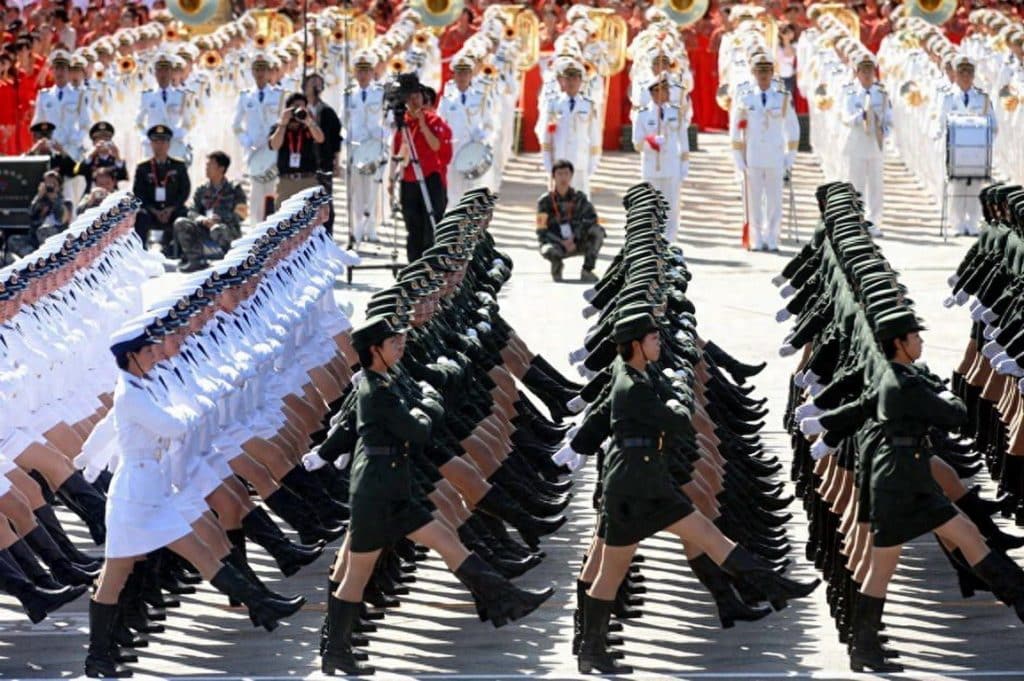The Middle East has undergone a dramatic shift. After Netanyahu’s refusal to allow the establishment of a Palestinian state, Saudi Arabia openly raised the banner against Israel, signaling a change of allegiance. Washington’s urgent calls proved ineffective, and overnight the regional balance began to shift. What’s more concerning for Israel is Pakistan’s direct involvement—bringing not only conventional military power but also the nuclear umbrella, creating a formidable challenge for Tel Aviv.
On September 17, Saudi Arabia and Pakistan signed a joint defense pact, effectively forming a military alliance. Pakistan’s entry is arguably the biggest variable in the Middle East in recent years, marking a turning point where Arab states move from passively responding to Israel’s aggression to proactively countering it.
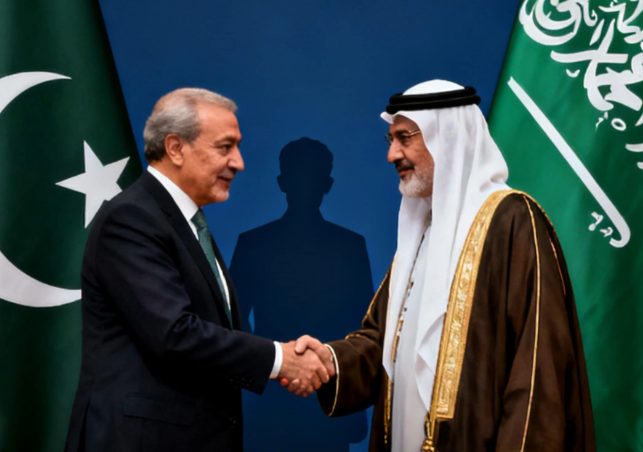
Israel’s Expanding Aggression
The situation is relatively straightforward: Israel, emboldened by U.S. backing, has been pressing Arab nations relentlessly. Recently, Israel conducted airstrikes on six sovereign states within just 72 hours—an unprecedented operational tempo since the outbreak of Middle Eastern wars.
For comparison, during the 1967 Six-Day War, Israel bombed only four Arab countries. Yet today, even as Hamas inflicts heavy resistance in Gaza, the Israeli military has failed to fully neutralize Hamas forces on the ground. Instead, it relies heavily on long-range airstrikes and precision attacks to wear down Hamas’s capabilities.
Israel’s operations, however, have crossed red lines. In a shocking escalation, Tel Aviv bombed Hamas’s diplomatic mission in Doha, blatantly violating Qatar’s sovereignty. Netanyahu publicly justified the strike as targeting “extremist groups.” But this act has left Arab nations deeply alarmed: if Israel dares to strike within Qatar, what prevents it from attacking other Arab countries—or even non-Arab states sympathetic to Palestine?
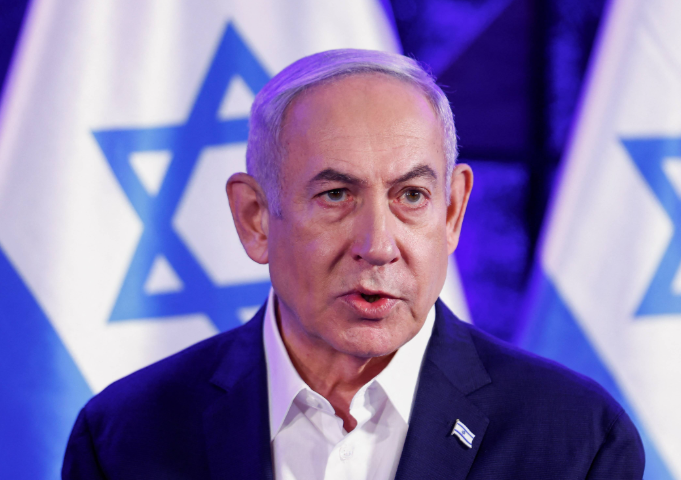
Why Pakistan Changes the Game
This growing anxiety has highlighted the urgent need for Arab nations to form military alliances. Yet, given their limited defense capabilities, external support becomes critical. Among potential partners, Pakistan stands out as the most decisive factor.
Pakistan’s military is one of the most capable among developing nations, filling many gaps that Arab militaries struggle with. In particular, its air force far surpasses its Arab counterparts in strategic use and operational doctrine.
While many Arab air forces have historically been defensive—using fighters primarily for intercept missions—Pakistan’s air force adopts a more proactive stance, building localized air superiority before expanding to full theater dominance.
For example, during the India-Pakistan air clashes, Pakistan’s ZDK-03 early warning aircraft directed J-10C fighters from over 200 km away. Indian Rafales were destroyed by PL-15 missiles before even encountering the J-10Cs. Reports suggest three Rafales were downed in rapid succession.
Applied against Israel, such tactics could pose a devastating challenge that Tel Aviv might not be prepared to handle.
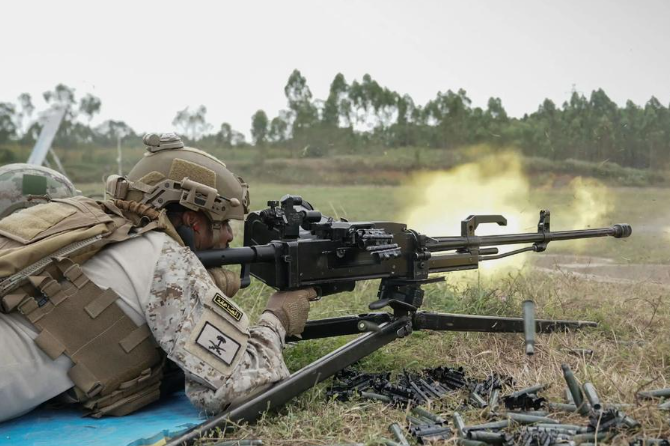
Nuclear Umbrella Over Saudi Arabia
Beyond airpower, Pakistan brings a strategic deterrent. It possesses a range of ballistic missiles, including the Shaheen series, and, crucially, nuclear weapons. By signing a joint defense agreement with Saudi Arabia, Islamabad has effectively extended a nuclear umbrella over the kingdom.
This fundamentally alters the strategic equation in the region. Israel’s reliance on unchecked military aggression may face its toughest counterbalance yet.
Israel’s Miscalculation
Israel’s decision to bomb Qatar may prove to be a grave miscalculation. Doha, once relatively neutral, is now pushed into direct opposition. Tel Aviv’s reliance on “gunboat diplomacy” risks uniting its adversaries in unprecedented ways.
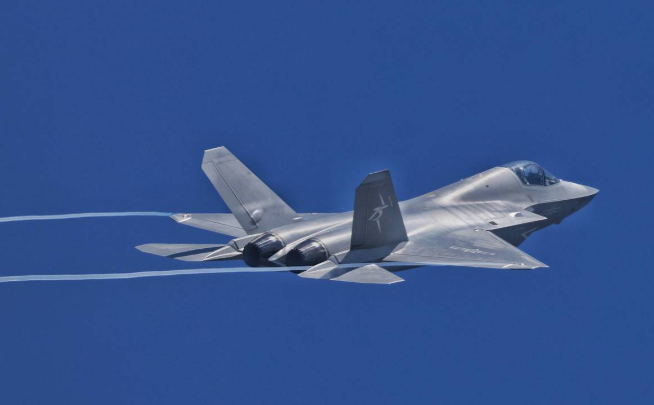
Yet, it’s worth noting that the Saudi-Pakistani pact remains a defensive one. The core issue persists: Israel, shielded by the U.S., continues its aggressive campaigns, while Arab states struggle to form a cohesive force that could truly deter Israel. This lack of unity has emboldened Tel Aviv further.
If the current dynamics continue, Israel may soon find itself confronting not just isolated Arab states but a coordinated front backed by a nuclear-armed Pakistan—a scenario that could fundamentally reshape the Middle East’s balance of power.
References
- Regional media reports on Saudi-Pakistan defense pact (September 2025)
- Historical records of the Six-Day War and subsequent Arab-Israeli conflicts
- Analysis of India-Pakistan air engagements

